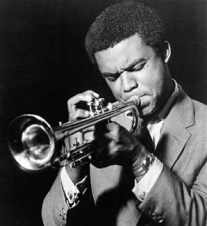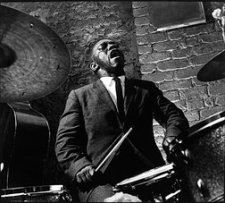Jazz History, Great Jazz Players, and Why They Last

Jazz music has, over the last century, become one of the most well respected American art forms. Jazz music has shaped the music industry from many different angles, birthing the careers of various musical geniuses, and creating an abundance of new music genres.
Jazz developed in the late 19th century and early 20th century. It grew from the American and European classical musical traditions, mixed with African and slave folk songs. The syncopated rhythms of this folk music, emerged a new catchy style called ragtime. Following ragtime was Dixieland and later, Big Band. Many consider Big Band music to be the beginnings of the modern jazz sound. The obvious West African influence, visible in terms of how the music is written and played. Swinging rhythms, polyrhythm, improvisation and syncopation are pronounced examples, and give exclusive characteristic to jazz music. Jazz continued to develop throughout the 20th century and many great musical geniuses took it apart and made their own versions and styles. Perhaps the intelligent demand on the musicians bold enough to learn and play through the deep expressive vocabulary of jazz, is what allowed the genre to expand and grow to its mountainous proportions.
It can't be argued, that the musicians behind jazz music are recognized as some of the best musicians to ever take the stage. So what makes these musicians so great? For one, strong technical abilities are a requisite for being a major player in the jazz community. So, getting that out of the way, anybody who is even considered a "good" jazz player, has a strong command of theory (whether conscious of it or not) and technique.
 But what makes a great jazz instrumentalist, one that lasts the ages, and is consistently used as a model for what young musicians should live up to, is the ability to tell a story with their instrument. This brings literary elements into the world of spontaneous musical composition - not an easy task, and probably comparable to the most advanced areas of science in terms of creativity, memory, stamina, and intelligence. Not only does the lasting master jazz musician have to do all of the above, but he/she has to conjure a pleasant performance demeanor for the audience as well. The greatest jazz musicians of all time: Louis Armstrong, Duke Ellington, Wes Montgomery, Miles Davis, John Coltrane, Charlie Parker (and others)... all had within them an infectious mix of talent from multiple human disciplines, and only with each important element carefully tended to and mastered, can the true jazz giant be inducted.
But what makes a great jazz instrumentalist, one that lasts the ages, and is consistently used as a model for what young musicians should live up to, is the ability to tell a story with their instrument. This brings literary elements into the world of spontaneous musical composition - not an easy task, and probably comparable to the most advanced areas of science in terms of creativity, memory, stamina, and intelligence. Not only does the lasting master jazz musician have to do all of the above, but he/she has to conjure a pleasant performance demeanor for the audience as well. The greatest jazz musicians of all time: Louis Armstrong, Duke Ellington, Wes Montgomery, Miles Davis, John Coltrane, Charlie Parker (and others)... all had within them an infectious mix of talent from multiple human disciplines, and only with each important element carefully tended to and mastered, can the true jazz giant be inducted.


